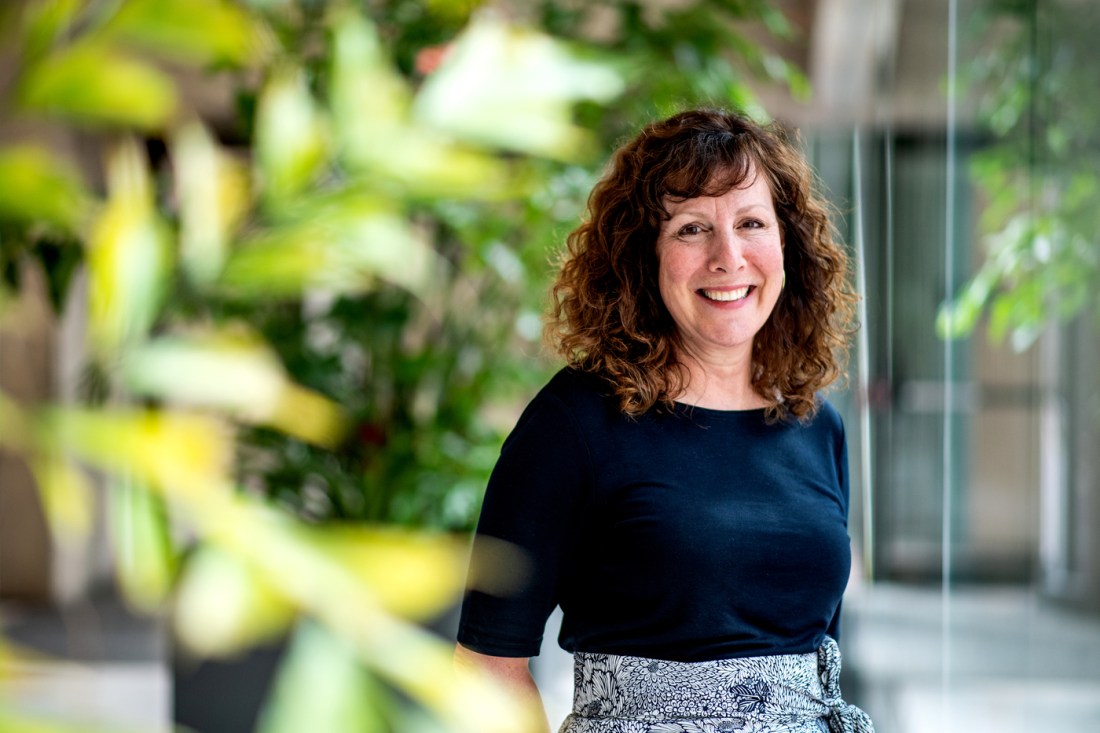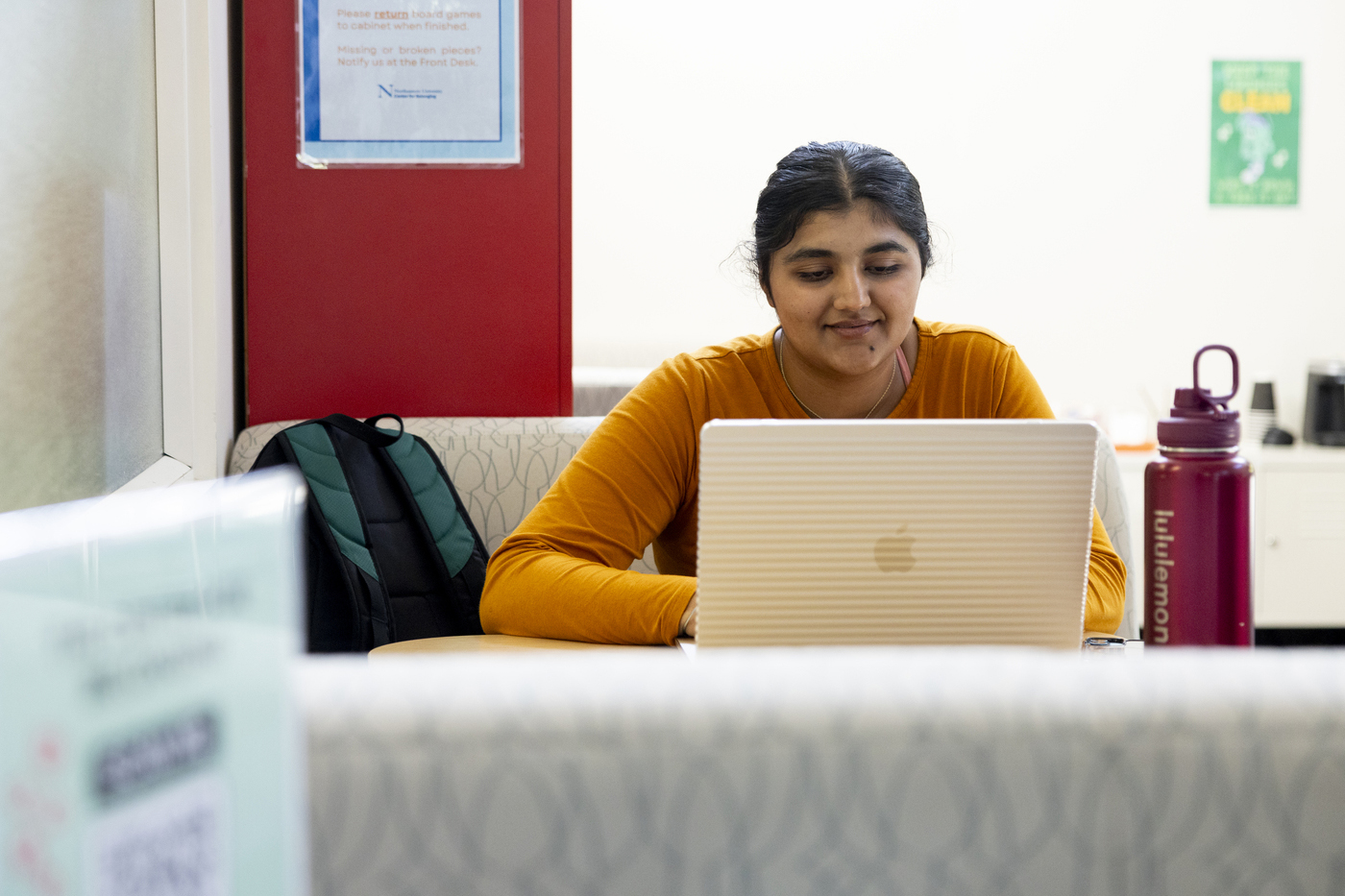Carla Brodley, a professor in the Khoury College of Computer Sciences, recently appeared on the popular “Lost Women of Science” podcast to discuss her work as director of Northeastern University’s Center for Inclusive Computing and her path to the field.
Founded in 2019, the Center for Inclusive Computing “partners with universities to identify and remove the — often unintentional — barriers that prevent students from discovering and thriving in computing education,” according to its website.
To date, the center has worked with more than 100 universities to update their computer science programs to create what the center calls “evidence-based, systemic, and sustainable interventions.”
During a nearly 35-minute one-on-one conversation with journalist Katie Hafner, Brodley spoke about her path to computing and the innovative work the center is doing.
Brodley first became interested in computers while enrolled in a computer science class when in the ninth grade. While she found the subject fascinating, the other students, who were all boys, wouldn’t let her use the two computers in the classroom. She ended up having to write and debug her computer programs by hand.
When she entered college, she decided to pursue an English degree, but pivoted at the end of her second year to computer science after her roommate jokingly — and a little condescendingly — said she would enjoy the work.
It was one of the best decisions she ever made, she said. Suddenly, she was getting all A’s.
 Carla Brodley, director of Northeastern’s Center for Inclusive Computing, says there are many strategies universities can implement to attract more students to computer science. Photo by Matthew Modoono/Northeastern University
Carla Brodley, director of Northeastern’s Center for Inclusive Computing, says there are many strategies universities can implement to attract more students to computer science. Photo by Matthew Modoono/Northeastern University
When Brodley came to Northeastern in 2014, she made it one of her goals to make computer science more accessible for people of various backgrounds.
That led to her scaling the university’s Align Master of Science in Computer Science, designed specifically “for students who are non-computer science majors with no programming experience.”
At the Center for Inclusive Computing, Brodley and her team are also trying to address one of the biggest barriers incoming undergraduate students face: Many of them didn’t take computer science classes in high school. When they enter a computer science class in college, they already feel like they are behind, she said.
“Only 56% of our schools nationwide in the United States offer computer science in high school,” she said on the podcast. “And it’s often an elective. And my own sons told me, taking computer science in high school was social suicide.”
Brodley used an analogy to explain the disparity.
“Imagine you’re 18, you’ve gone to university, and you decide to take Japanese or French or Spanish, and you walk into the classroom and you look different than everybody in the classroom, and everybody else is already talking in that language,” she said.
Brodley said there are several ways to take this feeling out of the classroom, including making multiple sections of the class based on skill level.
“The key is that they learn the same things,” she said. “All sections should have the same assignments and the same exams. All you’ve done is remove the stress of sitting in a room with a bunch of know-it-alls.”
Another big mistake with many computer science programs is “tying progression in the computer science classes to progression in the math classes,” she said. As an example, she lists requiring Calculus One as a prerequisite for basic computer science classes.
“It’s not relevant to the first CS class, and maybe not that much fun versus the first computer science class, which is unbelievably fun if you’re going to like computer science.”
The Center for Inclusive Computing has grown in the past six years. Last year, it received significant funding from Pivotal Ventures, Melinda French Gates’ organization, to help women thrive in computing degrees.
That new funding will help the center reach even more universities and help them make artificial intelligence inclusive.
“She’s one of my heroes,” Brodley said of French Gates. “We have been very fortunate to get an investment substantial enough that we’ll be able to move the needle in AI across many universities in this country.”
University News
Recent Stories

